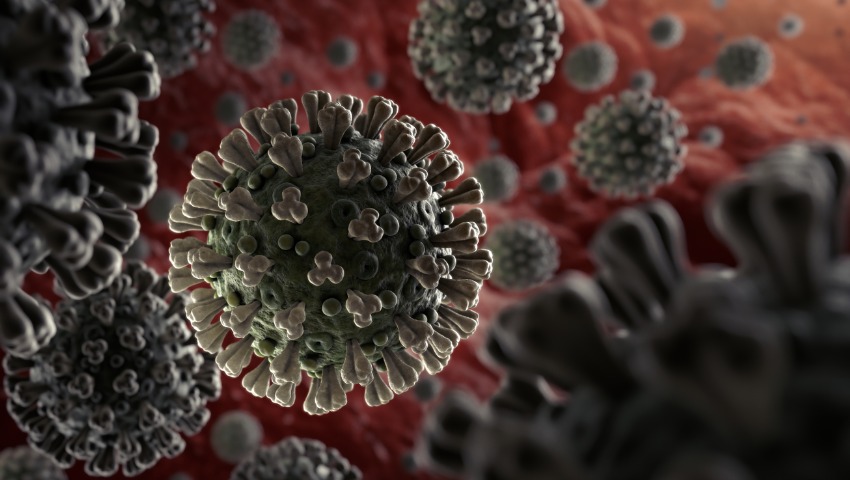The World Health Organization (WHO), which is taking the lead on fighting the spread of COVID-19 (novel coronavirus), has not issued a call to cancel conferences. Instead, it released a list of steps to take in workplaces and “mass gatherings” that can also help to prevent other infections, such as colds, flu and stomach bugs.
“Key Planning Recommendations for Mass Gatherings in the Context of the Current COVID-19 Outbreak” has suggestions for how to exercise your duty of care at each step in the planning process.
During the Planning Phase
- Contact local and national public health authorities and share contact information for a specific liaison on your team
- Agree to the best way to communicate (call, text, email)
- Conduct a risk assessment that takes into account updated WHO data on outbreaks in the area, country and the larger world, venue layout (indoors or outdoors, ventilation, crowd density), who will be attending (will there be a possibility that participants have been exposed previously—based on profession, where are they coming from, how they will travel to the event and, because the elderly seem more at risk, how vulnerable they are?)
- Create an action plan to mitigate for risks identified (screening, surveillance)
- Establish decision trigger points for when/if decisions should be reconsidered
During the Operational Phase
- Address the importance of hand hygiene and make soap and water, alcohol-based sanitizers and tissues conveniently available throughout the facility
- Discuss coughing/ sneezing etiquette from the stage
- Minimize crowding by staggering arrivals/departures, spreading out seating and limiting congregation at food areas
- Establish an isolation area with masks for anyone who starts to feel ill at the event
After the Event
- If someone from the event becomes ill within 14 days, contact public health authorities and be prepared to notify all attendees




